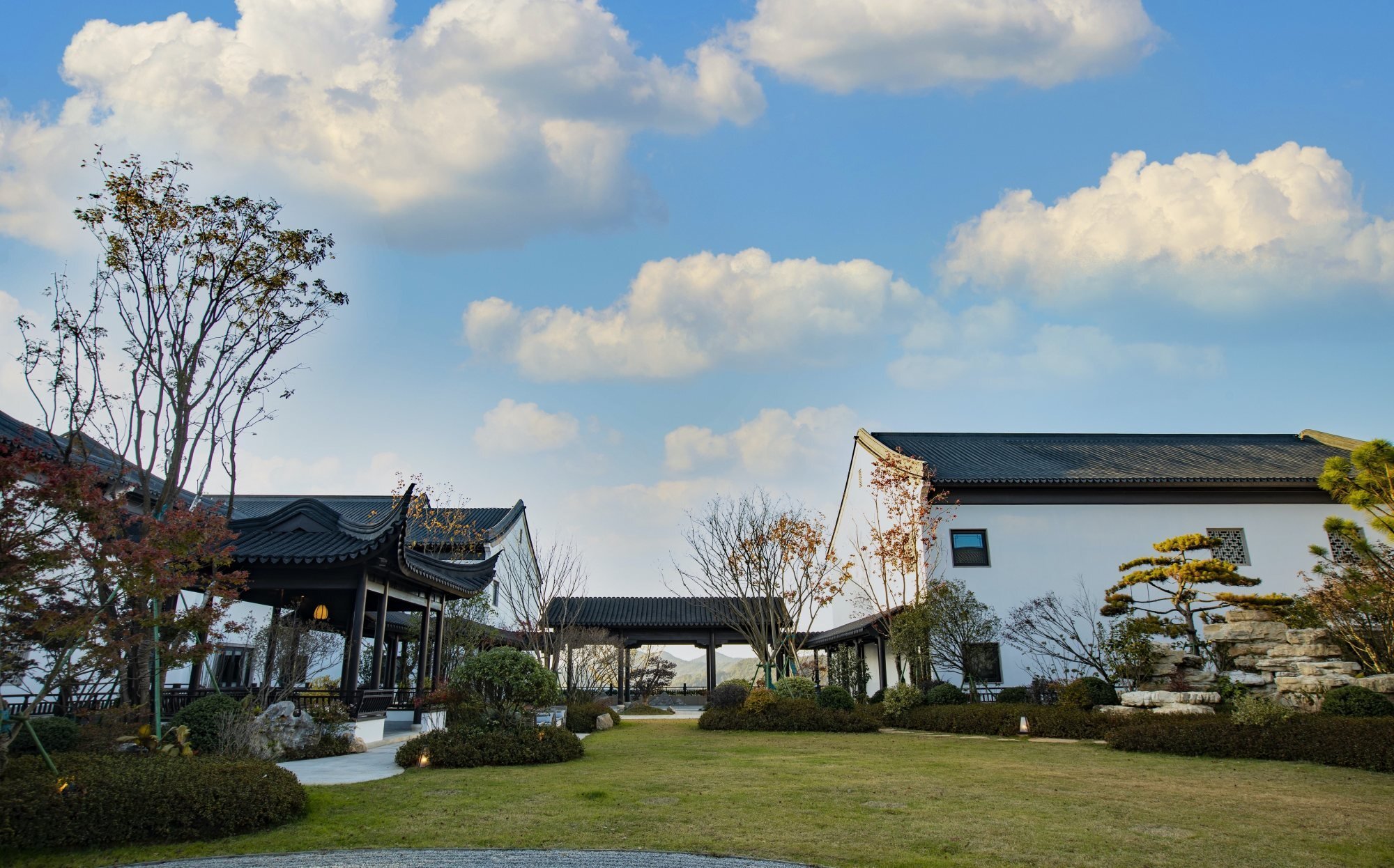
Where to find Zen and Japanese ‘omotenashi’ in China’s Tiantai Mountains
- Japanese luxury hotel operator Hoshino Resorts has opened its latest overseas property in the area of sacred peaks associated with the birthplace of Tendai Buddhism
- Future overseas projects will feature onsen natural hot springs and other elements of Japanese culture
Japan’s leading luxury hotel operator is drawing on more than 100 years of experience in the domestic market as it exports the nation’s famed practice of omotenashi – or wholeheartedly looking after one’s guests – to new developments around the world.
Hoshino Resorts traces its roots to the opening in 1914 of the first Hoshino Onsen Resort in the mountain town of Karuizawa, in Nagano prefecture, and intends to put the enjoyment of onsen natural hot springs and other elements of Japanese culture in the forefront of its overseas operations.

“This is our first hotel in mainland China, but we are definitely intent on having more properties under management overseas when we find partners to develop more hotels and resorts,” said Yoshiharu Hoshino, the chief executive of the company.
On the Hoshino Resorts Kasuke Tiantai project, four hours by car from Shanghai, the company is working with local developer Greentown China Holdings. The Tiantai Mountains are among the nation’s most popular tourist destinations and are considered sacred peaks associated with the birthplace of Tendai Buddhism as well as having links to Taoism.

Most guests would probably be Chinese, said Hoshino, the fourth generation of the family to head the company, although the resort should also appeal to Japanese as Dengyo Daishi Saicho studied in the region as a monk in the year 804 before returning to introduce Tendai Buddhism to Japan.
The group has been invited to bring its management skills to the property and Hoshino hopes this will act as an introduction to further opportunities in China.

And he is optimistic that the industry as a whole will bounce back quickly when the conditions are right.
“At our Japanese properties, we have obviously lost our inbound customers but as Japanese travellers were not able to go abroad they came to us and we did not really lose much business,” he said.

Japan Airlines to make local unit of China’s Spring Airlines a subsidiary
“I believe that when people from the two countries meet and talk, that helps to enhance mutual understanding and makes Japanese people realise that Chinese people are just like us and vice versa,” he said.

“For a Japanese hotel that goes overseas, customers expect it to retain some elements of Japanese culture,” he said. “If a Japanese sushi chef goes to Paris and tries to manage a French restaurant, it is not going to work.”
Hoshino Resorts’ overseas success to date indicates that he is on the right track – and plans for a US hotel will have “onsen” hot springs as a focal point.
The company has looked at the possibility of opening a property at Saratoga Springs, about three hours by car from New York City and an area of natural springs, although there were some challenges connected to the supply of high-quality water. Hoshino’s experts are presently looking at alternative sites in California and Oregon, while there is a longer-term ambition to operate in Europe.

Wherever the company does set up in the future, Hoshino says its success will depend on the quality of the people it employs and the service they deliver to guests.
“This comes from the culture that we have had to create and which, I believe, is different from anywhere else in the industry,” he said. “When I took over the Karuizawa hotel from my father in the 1990s, we had no problems attracting customers but recruiting was our biggest difficulty.”
Hoshino took the radical step, in Japanese culture, of making sure all the staff felt part of the company, were provided with all information about the firm and were able to participate in management.
“Because they knew what was happening and all had the chance to have a say in the management of their company, it made their work more enjoyable,” he said. “And now people really want to work for us. I’m not sure if it’s a secret behind our success, but if you make sure your staff are happy, that makes the customers happy.”

